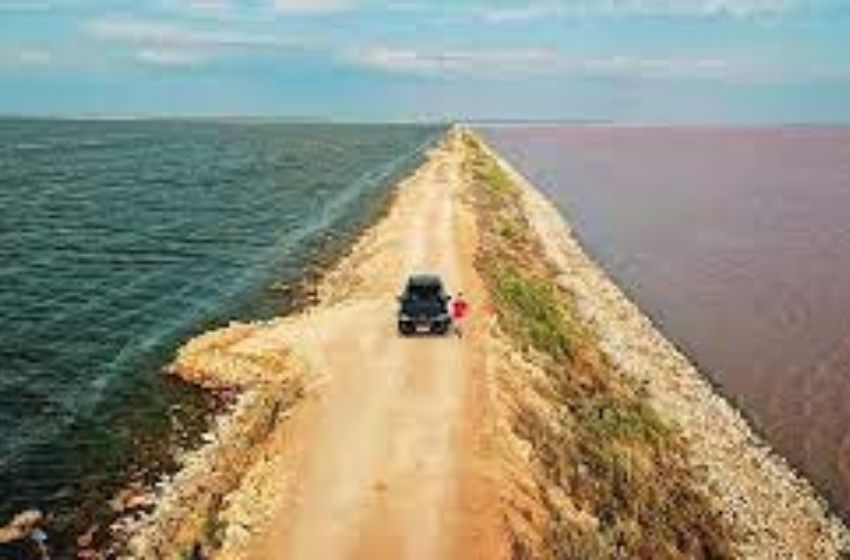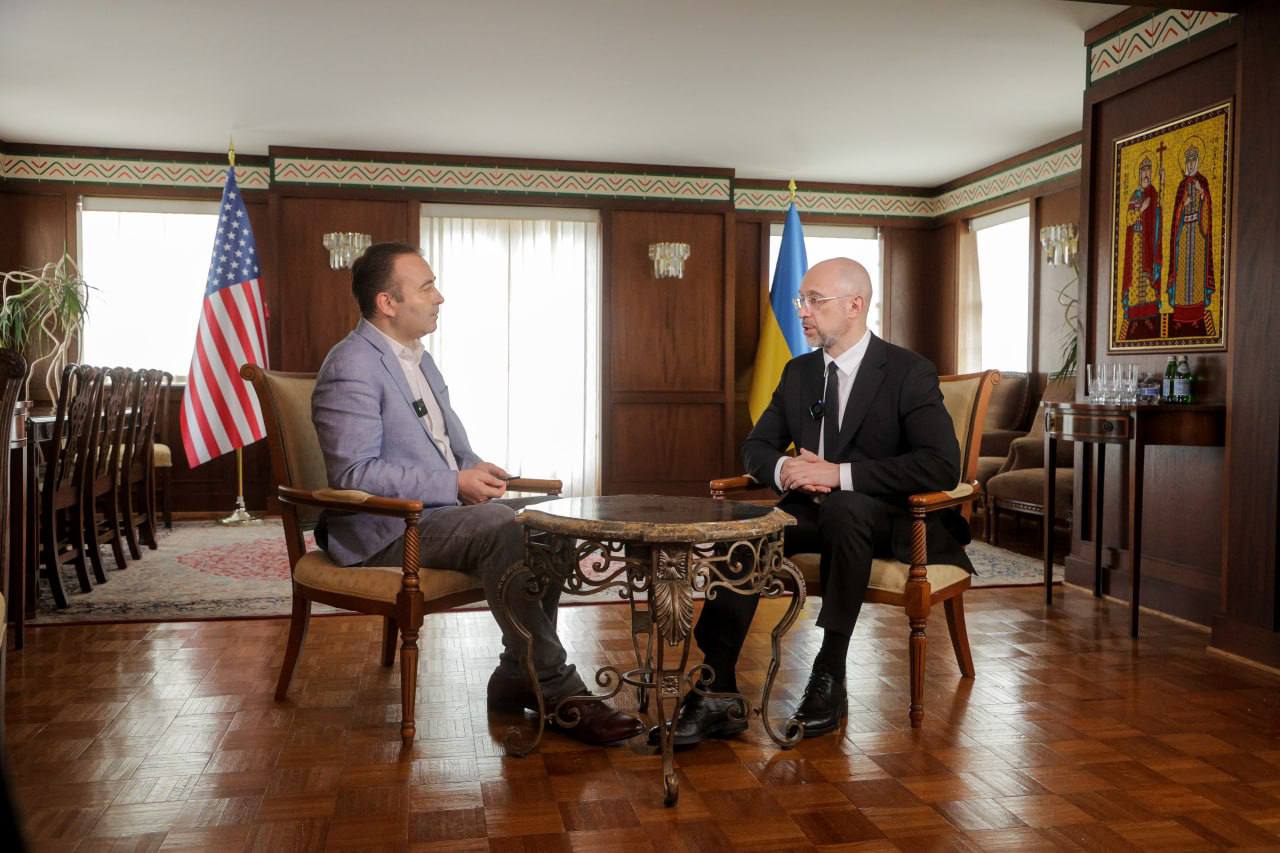On Thursday, April 17, the Estonian government approved a plan presented by Foreign Minister Margus Tsahkna outlining steps to ensure compensation for the damage caused to Ukraine by Russia, according to ERR.
While presenting the plan, Tsahkna stated that, according to the World Bank, Russia has already inflicted more than €506 billion in damages on Ukraine through its aggression—a number that continues to grow, as Russia’s objectives remain unchanged and it continues to destroy Ukraine.
“The action plan sets a clear goal and vision for Estonia on how we can do everything within our power to hold Russia accountable for the damage inflicted on Ukraine and to put pressure on Russia to come to the negotiating table and provide reparations,” said the foreign minister.
The plan outlines principles and measures aimed at achieving two main objectives. The first is the creation of an international compensation mechanism, and the second is the use of frozen assets of the Russian Central Bank and the property of individuals on sanctions lists—should Russia fail to provide reparations voluntarily.
“The compensation mechanism will serve as a tool through which damages inflicted on Ukraine can be reimbursed in the future. The establishment of a commission for processing compensation claims under the Council of Europe should be completed by 2025. The founding treaty must enter into force as soon as possible so that the commission can begin its work. At the same time, we must consider how to start preparing a compensation fund,” Tsahkna explained.
The minister noted that support for using frozen assets of the Russian Central Bank is growing both in the European Union and among G7 countries. Estonia is actively working in this direction to achieve broader consensus among states.
“Some countries believe that using core assets is risky or contradicts international law,” said Tsahkna, adding that Estonia believes these risks can be minimized and that international law provides for appropriate solutions.
In the end, the Estonian government decided to endorse the action plan.





















